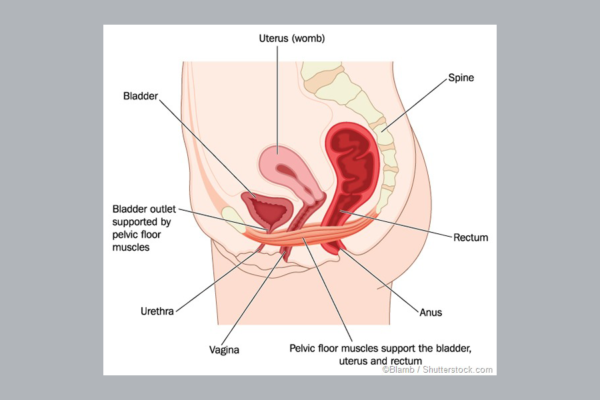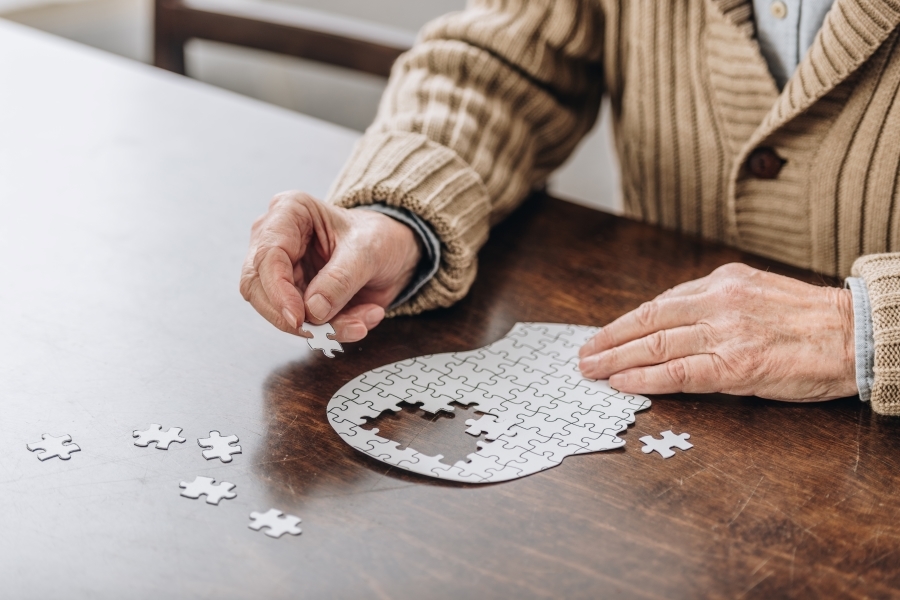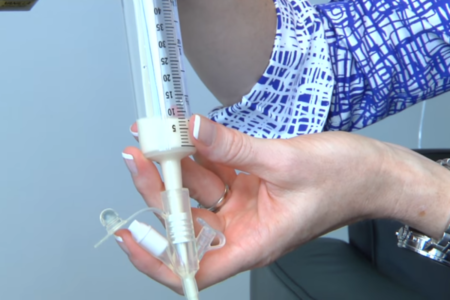By Dr Liji Thomas, MD for News-Medical.net
Women of all ages suffer from various types of bladder problems, which vary as to cause and contributing factors. Some are due to weakness of the pelvic fascio-muscular supports, while in other women the problem is caused by nerve damage. In some women, the bladder control is affected by various medications for neurologic problems.
To help women with regaining bladder control, it is important to identify the type of bladder control that is affected in each case. The main types of bladder problems in women are temporary, stress, urge, and mixed incontinence, but other pathologies may be observed as well.
Temporary or transient incontinence
Temporary or transient incontinence is a short-lived episode of loss of control over the escape of urine from the bladder. The condition is present in practically the third of community-dwelling elderly individuals, and in more than half of hospitalized patients.
A urinary infection may stimulate bladder activity leading to incontinence. Some medications lower the cortical control over the urinary bladder or cause overproduction of urine. Pregnancy is another cause of temporary incontinence. In all these cases, continence is restored when the etiologic factors are found and corrected.
Stress incontinence
In this situation, the woman reports that urine escapes when she coughs, laughs, sneezes or does vigorous exercise – anything which puts repeated stress on the pelvic floor. This type is most common among women.
In a strong pelvic floor, the muscles contract on reflex as soon as there is an increase in intra-abdominal pressure. Their contraction shuts off the urethra, preventing the escape of urine. However, when these supports are weakened, any sudden rise in pressure allows urine to flow out through an open urethra.
Thus pregnancy or childbirth changes, as well as the thinning that occurs with menopause, may all precipitate stress incontinence. Estrogen drops in the specific phases of the menstrual cycle may weaken the urethra and also provoke stress incontinence.


























